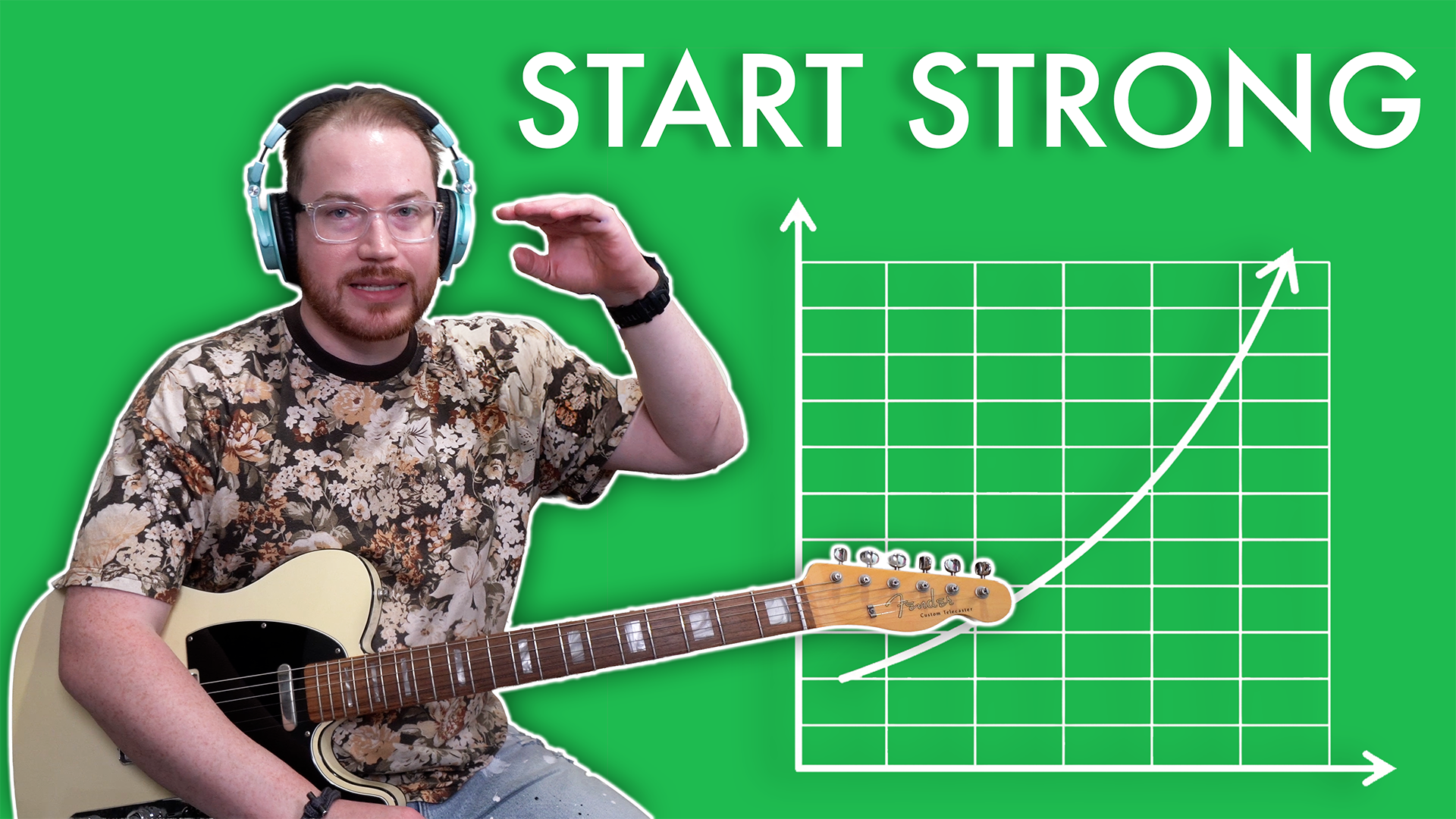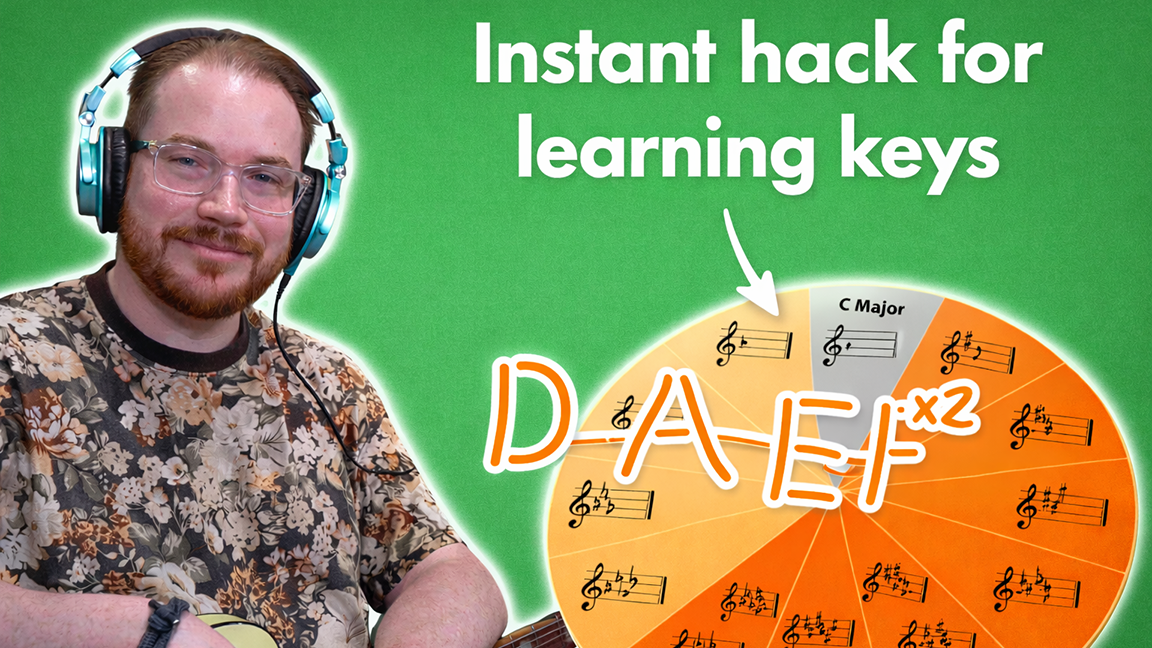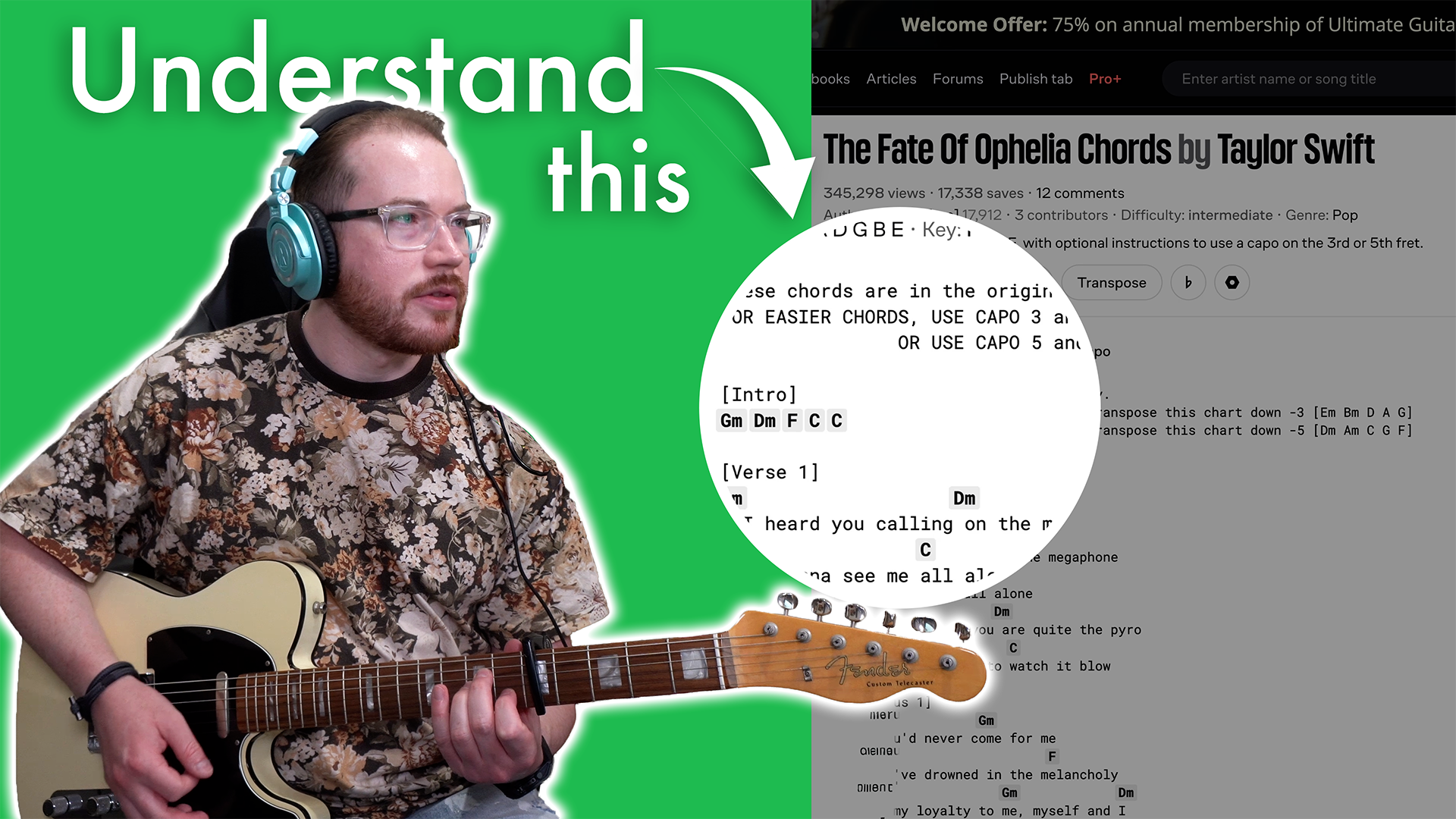The Single Most Important Thing You Can Learn As A Musician
You probably know someone who has spent hours every day perfecting their chops, months learning every song off an album, years becoming a ‘pro’ player; they have definitely put in the work! But chances are that they learnt one thing early on in their musical career that allowed them to fast track their progress to become the rock star they are today. The one thing that sets these gifted hard-working people apart has nothing to do with the skills they learnt, and it’s not even exclusively related to music.
After years of teaching people to play the guitar, working with bands, workshopping songs, and recording music I’ve discovered that the most important thing you can learn as a musician is your ability to look at yourself objectively and take criticism.
Criticism helps you become a better player
There is always some truth to what someone says, however it may say more about them and their taste than it does about you. Regardless, when someone has something to say about your music, pause for a second and ask yourself, is there something to what they are saying? If there’s not, and they don’t know what they are talking about, shrug it off and carry on playing. But maybe there is some truth in what they are saying. It’s hard to hear sometimes, but don’t let your pride get in the way. Take their feedback on board and use it to become a better player!
I’m in a glass case of emotion
A big problem with creative types is how emotionally attached they can get to their work. I’ve seen many musicians become so emotionally attached to their music that it cripples them, and they can’t step into the next level as a player. This is especially true among songwriters or people who have laboured over creating something personal, something that is their own.
I’ve worked with people who have been incredibly promising songwriters, but who have shed actual tears at the slightest suggestion that they make a change to improve their piece. What these people didn’t realise was that my criticism of their song was not a criticism of them as a person or a songwriter.
We all start somewhere, and we improve by learning. Criticism of your songwriting and your playing makes you a better musician. We’re all somewhere along in the never-ending journey from complete beginner to mega-rockstar, and one of the best ways to get further down the road is to take advice from someone who can tell you what’s ahead, what works where you’re going, and what you can do to prepare yourself now so you’ll ace it when you get to that stage.
Two is better than one
When you share your work with others and are open to feedback, you learn to recognise your own musical weaknesses. This allows you to compensate for them in the future during your creative process. The first time I asked Matt Aldridge to sit down and have a listen to a remix I was working on, he gave me his thoughts and then we ended up working on it together for the next four hours. What I discovered was that, while we have very similar tastes and creative ideas, we go about it a different way. This results in us producing a better product because we get the best of both of us. I learn how he thinks when he is doing things that I am not so good at. I keep these things in mind the next time I’m producing, and become a better, more well-rounded producer because of it!
It’s hard, but you’ll live
I’m not going to try to pretend it’s easy the first time you ask someone to be extremely honest and shred your work. You made it cause you liked it, you want them to enjoy it, and you feel like if they don’t, it’s a personal dig at your taste in music, your creative ability, or what you’re capable of doing.
The most important thing you can learn as a musician is your ability to look at yourself objectively and take criticism.
It will be hard to hear at first, but over time you’ll notice your skills quickly improving, you won’t make the same mistakes, and it won’t be long before you’ll be the one giving others feedback and helping them create better music.
Here are some ideas to help you learn to be objective:
Find a friend you trust to listen to you music. Ask them to be honest and to tell you exactly what they think of it.
Record yourself and play it back. Compare it to a similar song or performance that you love. Ask yourself, why is their version better?
Be brutally honest with yourself when you’re writing or practising. Ask yourself, was that perfect? No. How can I do it better?
Be honest about your strengths and weaknesses. Focus on your strengths, and when necessary, improve your weaknesses.
What have you found helpful in developing as a musician?



